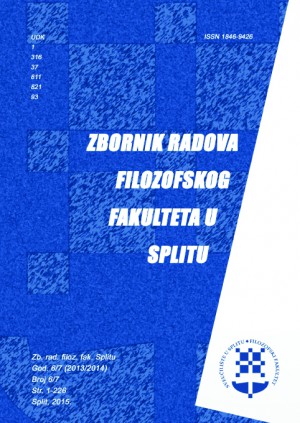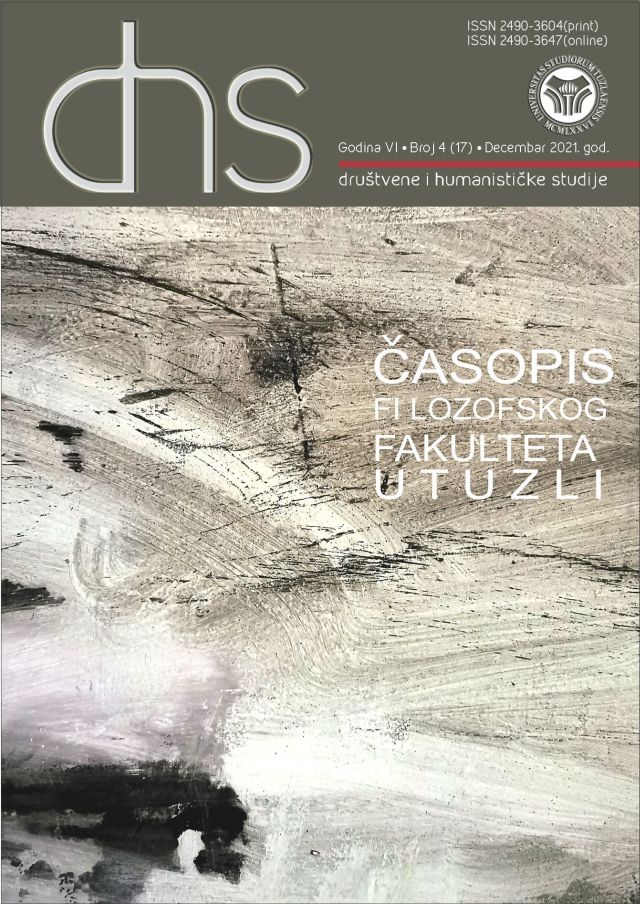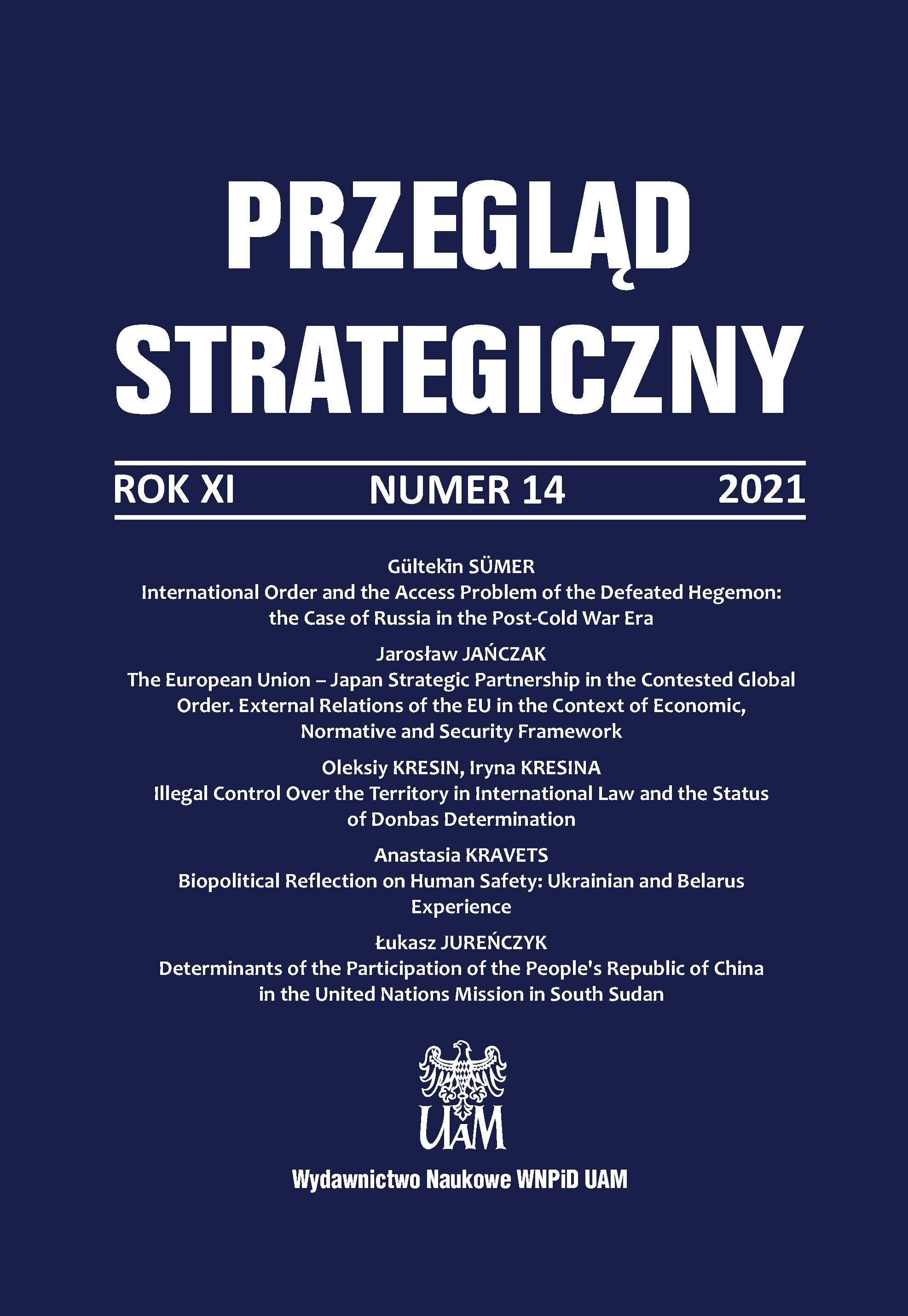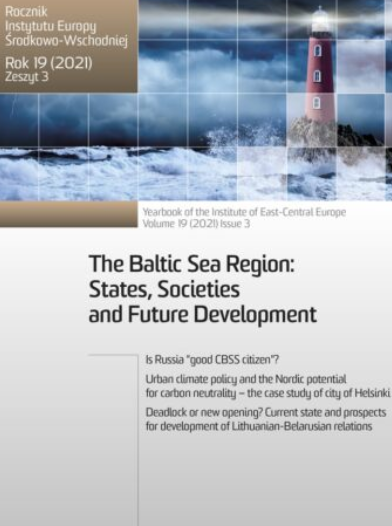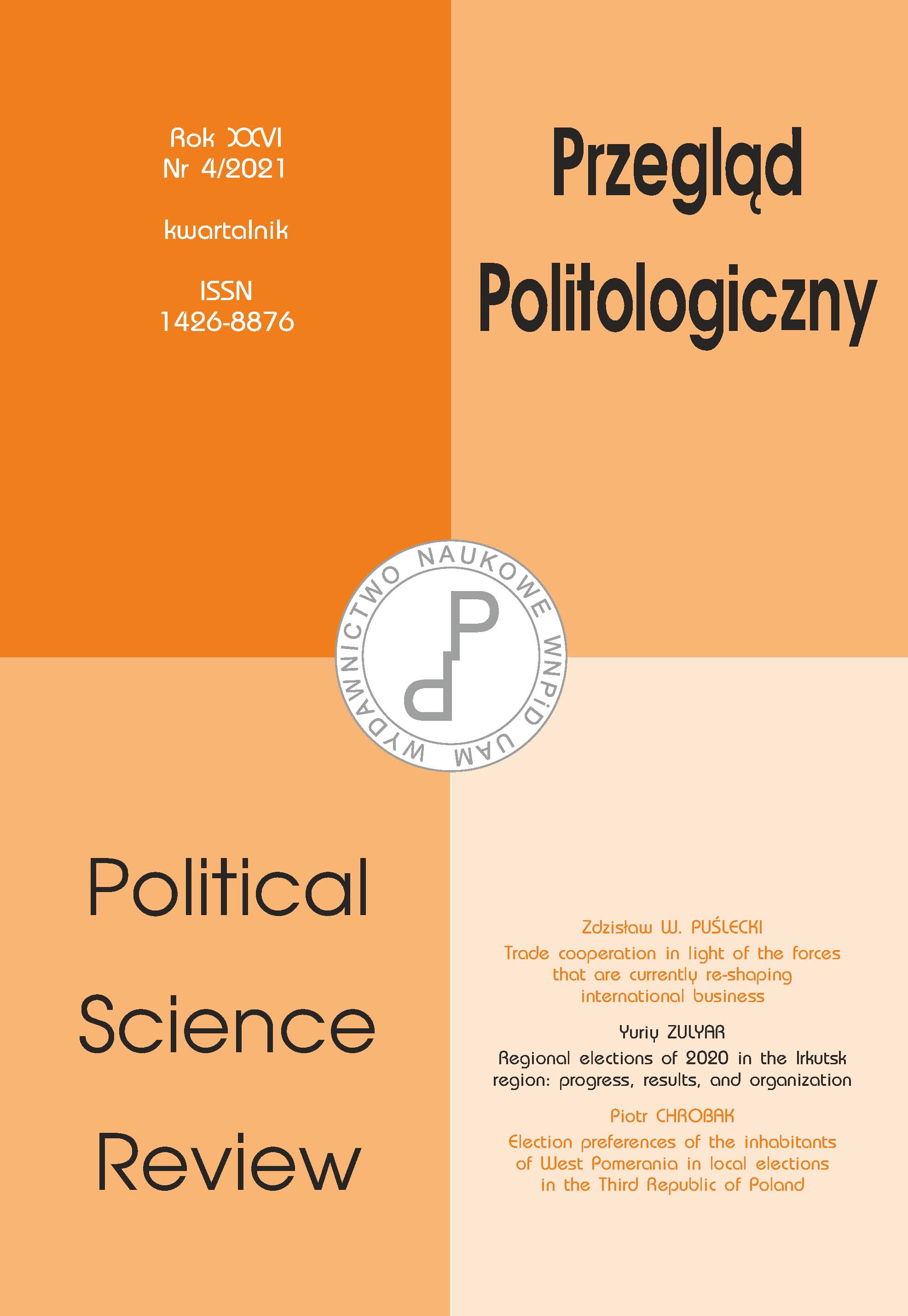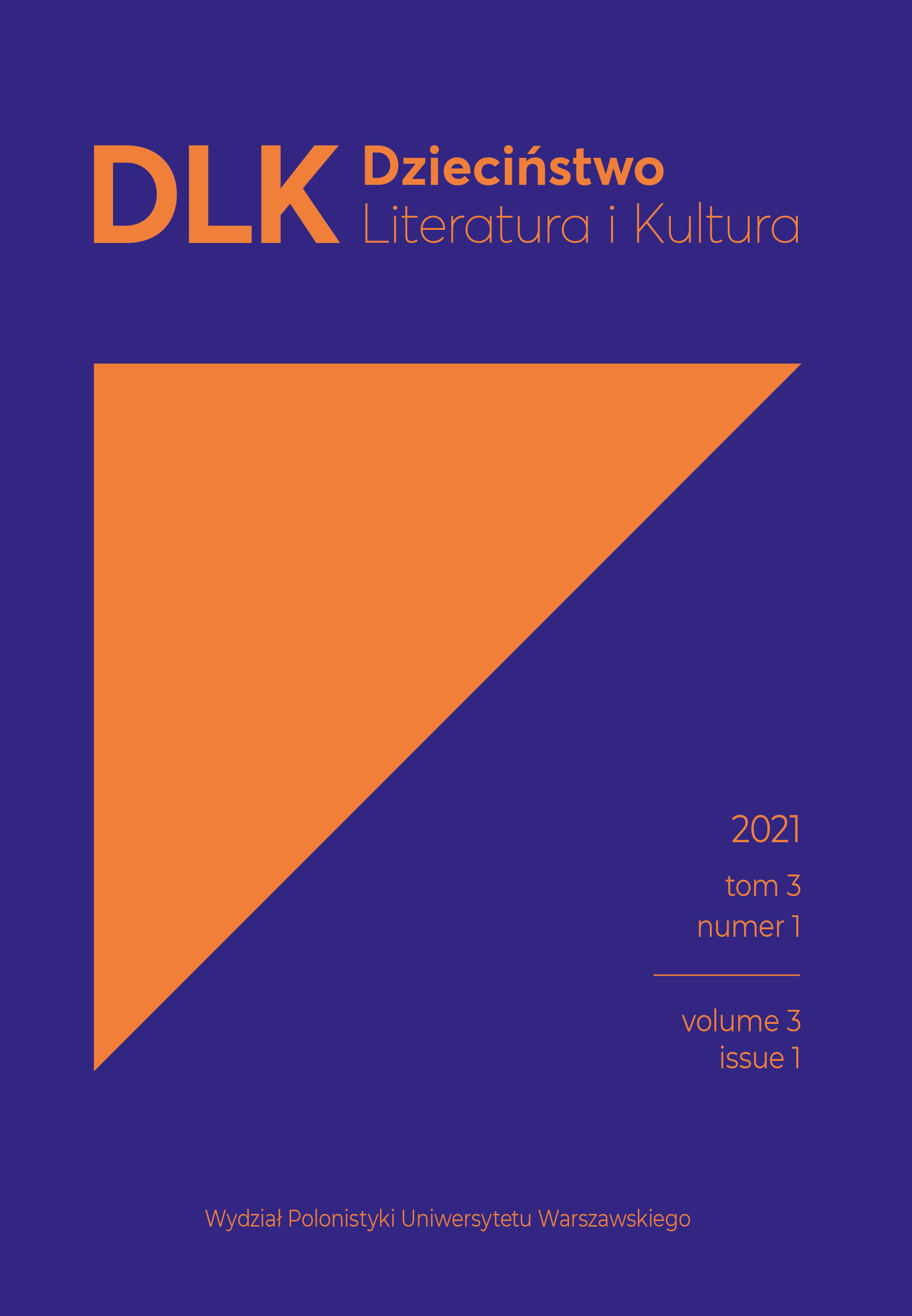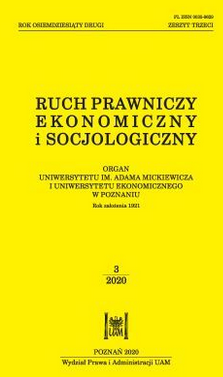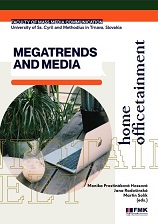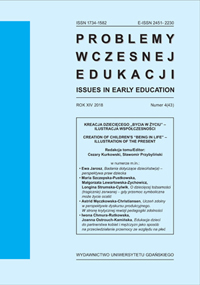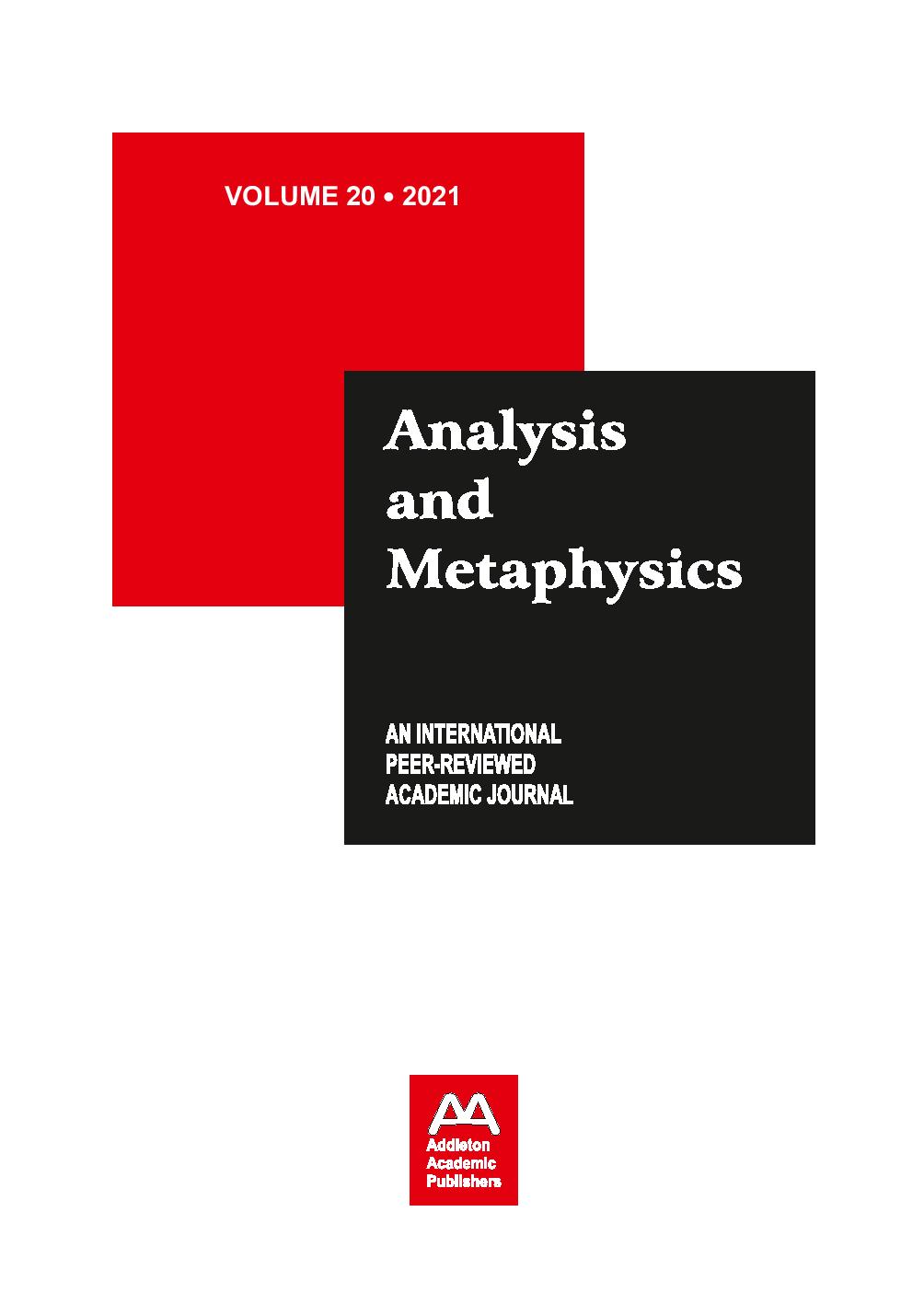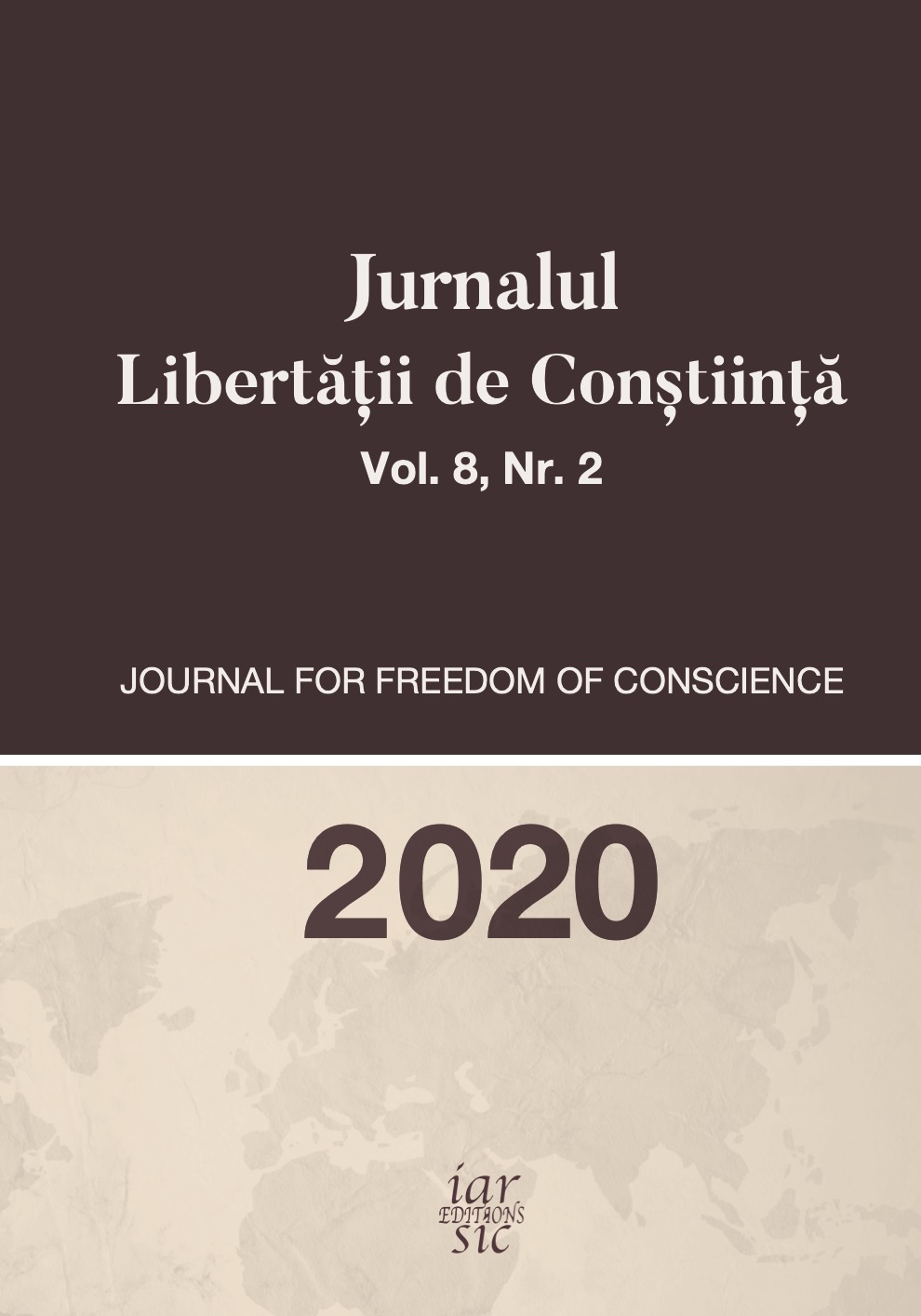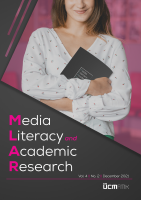
ICT Use for Teaching Media Literacy: A Closer Look at the Relationships between Teaching with and Teaching about Media
ICT Use for Teaching Media Literacy: A Closer Look at the Relationships between Teaching with and Teaching about Media
Keywords: Competence areas;Educational media;ICT use;Media and information literacy;Media education;Secondary schools Teaching practice;
Information and communication technologies (ICTs) are often considered crucial for teaching media and information literacy (MIL). However, there is a wide variety in educational media, and there are different competence areas in MIL. Thus, the idea that using any ICT can facilitate the fostering of different MIL areas equally seems oversimplified. This study investigates associations between three types of ICT use and four MIL competence areas. It analyzes data of 315secondary teachers in Germany employing exploratory structural equation modeling. After controlling for teacher and school traits, the findings show that teachers who use the computer lab in their schools and basic computer applications tend to foster their students’ critical, safety, information, and operational competencies more often. Conversely, using ICTs that mainly serve presentation and visualization purposes has a negative or no association with fostering the four MIL areas. Finally, using mobile devices and online resources is positively associated with fostering students’ information competence. The analysis contributes to a more specific understanding of teachers’ practices with digital media. Possible implications are discussed for teachers’ practice and training as well as for research and policy.
More...
